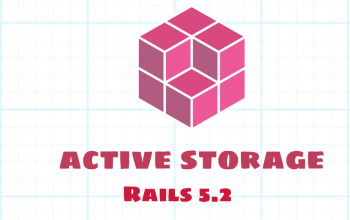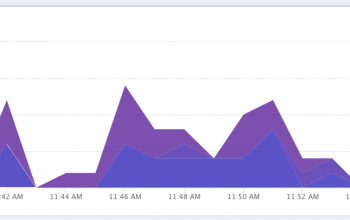Including methods and associations in a JSON Data set with Rails
I was poking around while working with creating an application specifically for web services. We decided to use JSON as the methods of transportation of data, but the problem came when I wanted to include custom methods, or associations in my data set. The solution was fairly simple, using the to_json method. Suppose you have the following classes:
class Client < ActiveRecord::Base
has_many :employees
end
class Employee < ActiveRecord::Base
belongs_to :client
def full_name
"#{first_name} #{last_name}"
end
endWe want the controller to return a client with association employees and the full name in the database. Here is how we would go about doing that:
def show
@client = Client.find(params[:id])
respond_to do |format|
format.json { render :json => @client.to_json(:include => { :employee => { :only => :email, :methods => [:full_name]}})}
end
endYou will end up with the following data set:
{
client: {
name: "Some client",
employee: {
email: "test@test.com",
full_name: "John Doe"
}
}
}Forgive me if I messed up the json output…doing it from memory 🙂 There are of course way easier uses for this too, but I just decided to spit out a more complex one.


